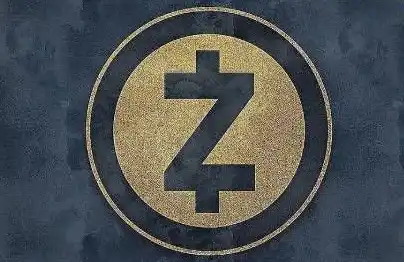Korea Stops Local Exchanges From Crypto Lending Services
South Korea’s government requested local exchanges to stop crypto lending services that have been in place since last month. The Financial Services Commission and Financial Supervisory Service issued a press release on Tuesday. They said they sent an official letter asking local crypto exchanges to suspend new lending services until regulators finalize guidelines. Although Crypto Lending … <a href="https://beincrypto.com/korea-stops-local-exchanges-from-crypto-lending-services/">Continued</a>
South Korea’s government requested local exchanges to stop crypto lending services that have been in place since last month.
The Financial Services Commission and Financial Supervisory Service issued a press release on Tuesday. They said they sent an official letter asking local crypto exchanges to suspend new lending services until regulators finalize guidelines.
Although Crypto Lending Was Successful
Major South Korean crypto exchanges, including Bithumb and Upbit, launched the services on the 5th of last month. The exchanges’ new business was booming even in the early phase, with 27,600 users utilizing 1.5 trillion KRW worth of lending services in just one month.
Before this service, local traders on domestic exchanges lacked a proper hedge against falling crypto prices. However, with this product, which has the characteristics of a derivative, users could take out a crypto loan to profit when they expected prices to fall.
Recently, Korean crypto exchanges began offering crypto lending services with crypto or fiat as collateral. Regulators warned that users may suffer losses from these services.
The Korean Government is Concerned About Consumer Protection
Financial authorities raised concerns that 13% of the service’s users experienced forced liquidation. They argued this happened because those crypto lending services lacked sufficient consumer protection measures.
Authorities also explained that, following the launch of USDT lending services, the volume of Tether sell-offs surged, causing the Tether price to decline unusually. This resembles a reverse-Kimchi Premium, unlike the usual premium where Bitcoin or Ethereum trade higher in Korea.
A financial authority official stated, “If new businesses continue to operate without appropriate user protection measures, there is a risk that user losses will accumulate before guidelines are established. New businesses seeking to enter the market also request clear guidelines for predictability.”
The financial authorities plan to conduct on-site inspections of businesses if new operations continue after administrative guidance and user losses are anticipated.
Disclaimer: The content of this article solely reflects the author's opinion and does not represent the platform in any capacity. This article is not intended to serve as a reference for making investment decisions.
You may also like
Is dropping below $100,000 just the beginning? Bitcoin "whales" have dumped $4.5 billions in one month, and the sell-off may continue until next spring
This wave of sell-offs may continue until next spring, and bitcoin could further drop to 85,000 dollars.

Galaxy Research Report: What Is Driving the Surge in Zcash, the Doomsday Vehicle?
Regardless of whether ZEC's strong price momentum can be sustained, this market rotation has already succeeded in forcing the market to reassess the value of privacy.

Soros predicts an AI bubble: We live in a self-fulfilling market
When the market starts to "speak": an earnings report experiment and a trillion-dollar AI prophecy.

Soros predicts an AI bubble: We live in a self-fulfilling market
The article uses Brian Armstrong's behavior during the Coinbase earnings call to vividly illustrate George Soros' "reflexivity theory," which posits that market prices can influence the actual value of assets. The article further explores how financial markets actively shape reality, using examples such as the corporate conglomerate boom, the 2008 financial crisis, and the current artificial intelligence bubble to explain the workings of feedback loops and their potential risks. Summary generated by Mars AI This summary was generated by the Mars AI model, and the accuracy and completeness of its content are still being iteratively improved.

